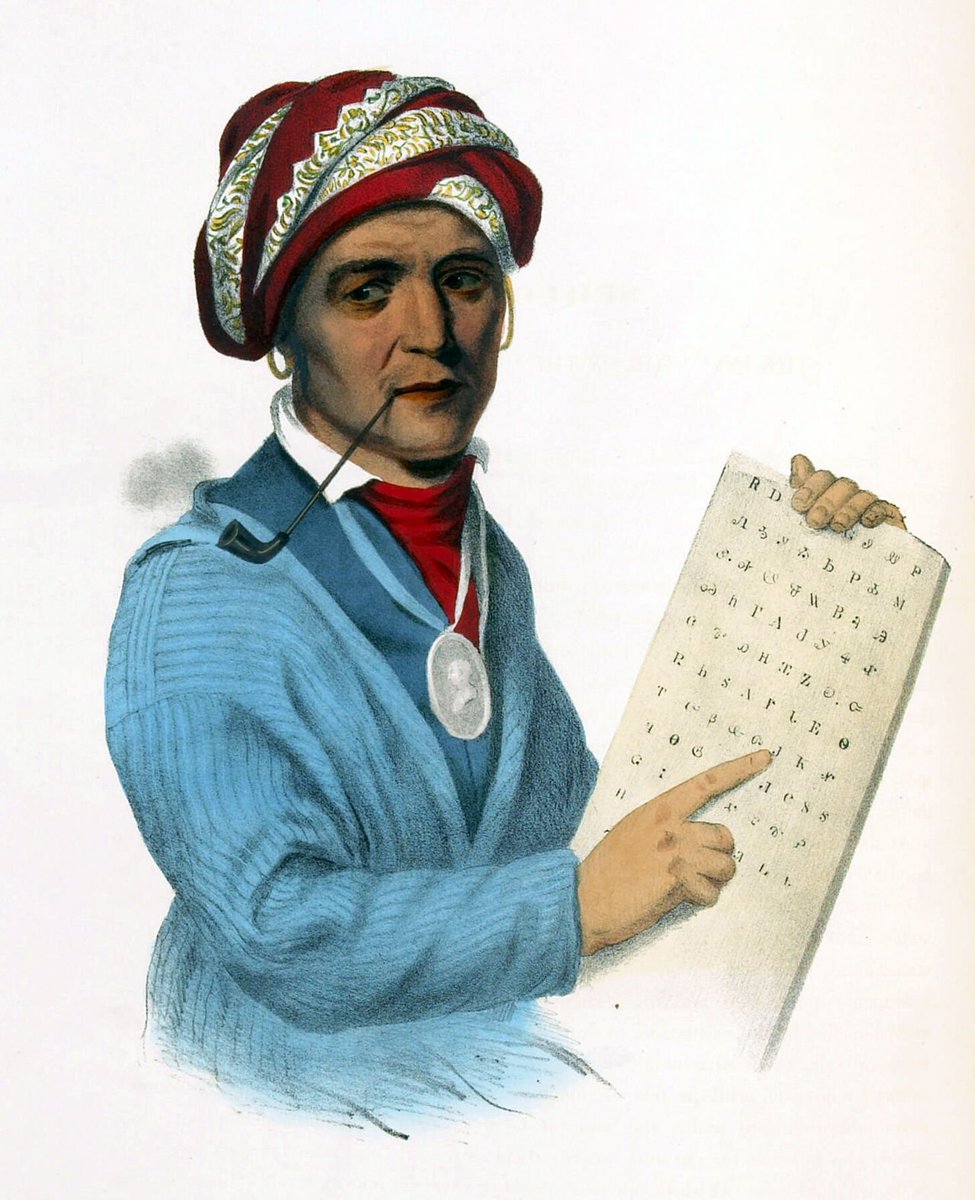It seems an odd, and paradoxically strangely nativist, notion that something cannot be authentically local because it constitutes an innovation of some originally foreign import.
Little in life is invented whole-cloth - all creativity is inspired iteration.



Little in life is invented whole-cloth - all creativity is inspired iteration.
https://twitter.com/GirlOffence/status/1665078420621914114




Take this Danish church as an example - there is, if analysed with a scalpel, little uniquely Danish about it. Dedicated to an imported religion using imported architectural techniques full of statues and art in imported styles.
And yet, this building is inimitably Danish.
And yet, this building is inimitably Danish.

Is the Aneid not an authentically "Roman" work because it centres on Trojan characters & was inspired by the style and matter of Homeric Greek poetry?
Well, without the Greeks, no Aneid, it is true - but all the same, it was not a Greek but a Latin poet who put pen to page.
Well, without the Greeks, no Aneid, it is true - but all the same, it was not a Greek but a Latin poet who put pen to page.

Let's take an even starker example - the famous & characteristic Australian Aboriginal "dot" style of painting was invented by a white arts-teacher named Geoffrey Bardon.
Does that mean it isn't "really" an authentic expression of Aboriginal culture? No, that is absurd.



Does that mean it isn't "really" an authentic expression of Aboriginal culture? No, that is absurd.




What is wonderful & true is not "pure invention", as if that is even a thing. It is one person, or group of people, taking from another group an idea & improving, innovating, localising it, mirroring & integrating the work of one mind in another.
Let's have none of this tosh.
Let's have none of this tosh.

• • •
Missing some Tweet in this thread? You can try to
force a refresh






















